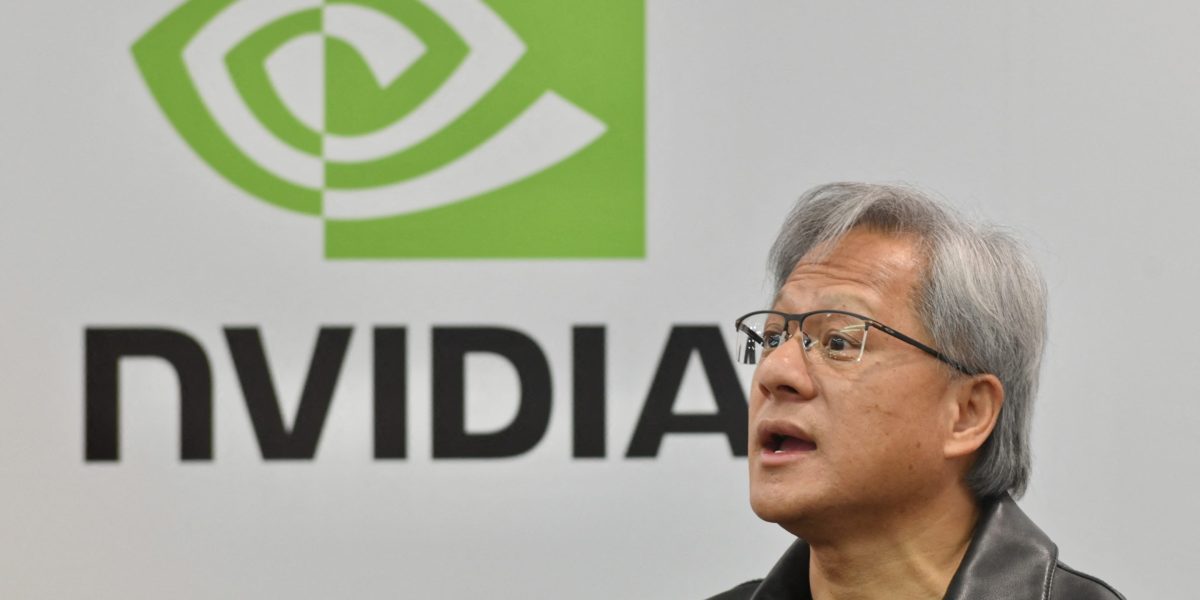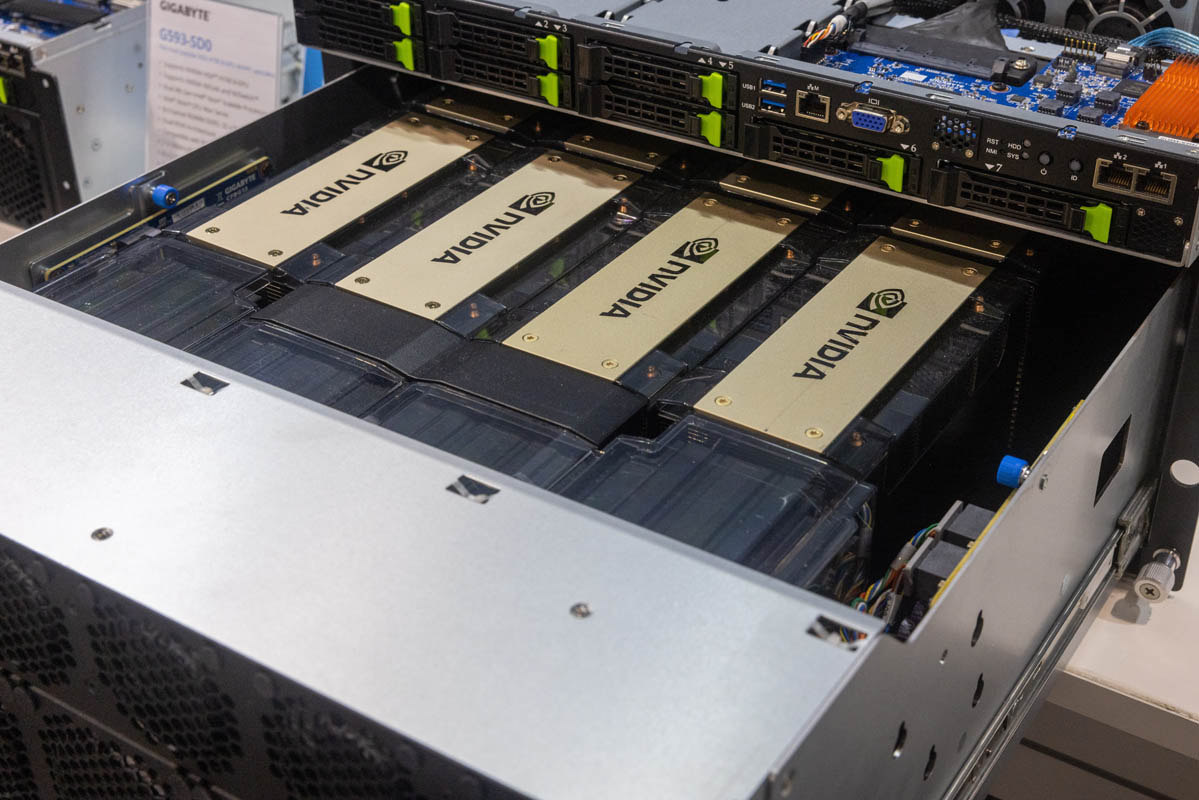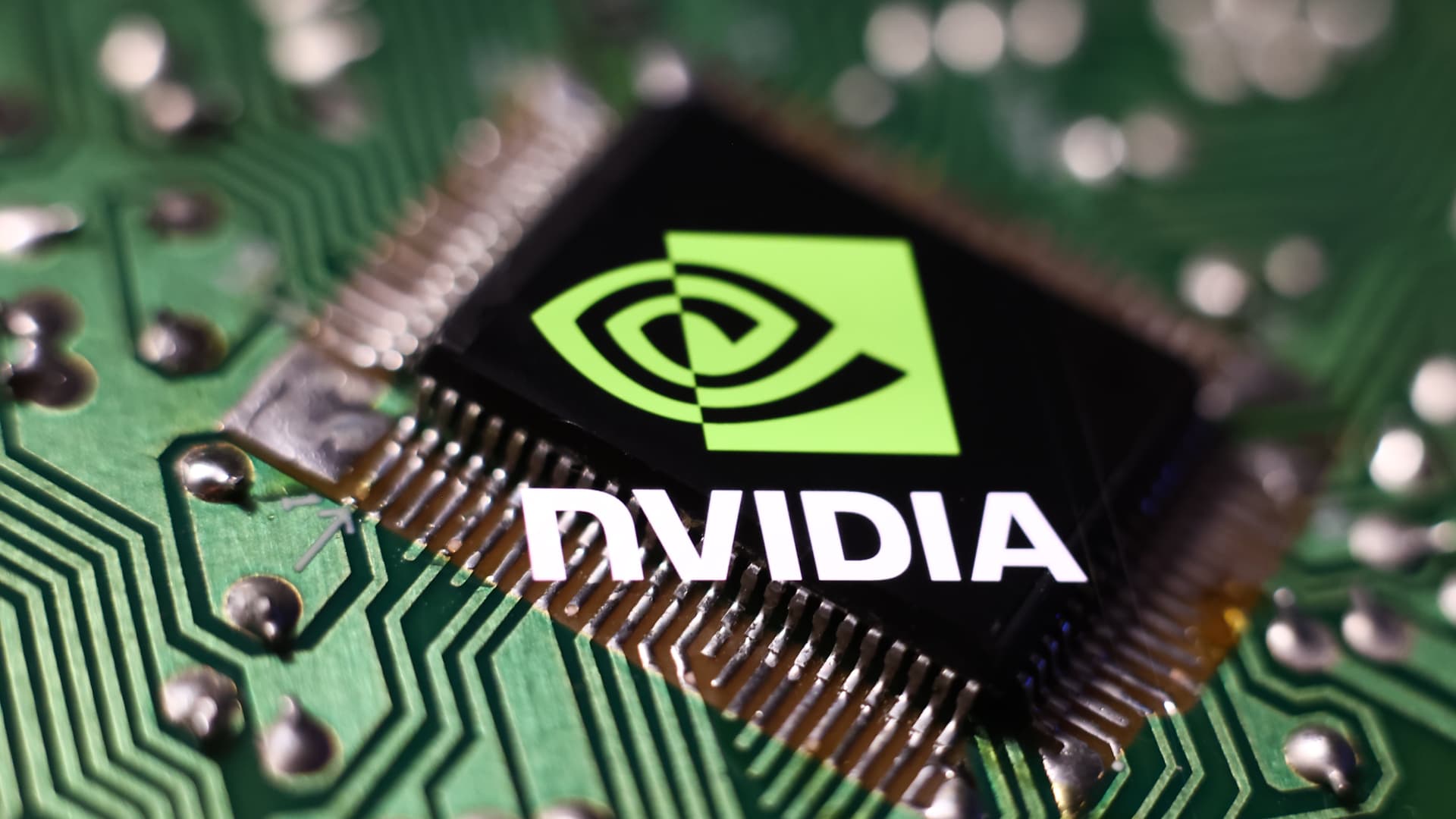Investors have had a longstanding infatuation with U.S. technology stocks, dating back to the late ‘90s and early 2000s boom era that famously concluded with the dotcom crash, and extending to the current surge in Nvidia’s stock driven by artificial intelligence. However, such infatuations often lead to disappointments, potentially resulting in financial losses and dashed expectations. BCA Research chief strategist Dhaval Joshi warns that the U.S. tech industry is now in an artificial intelligence bubble, with Silicon Valley teetering on the brink of another downturn.
According to Joshi, the tech sector is currently overvalued, trading at a 75% premium compared to the global stock market. The remarkable growth of tech stocks has been a driving force behind the overall market performance, propelling the Nasdaq close to its historical peak in November 2021. The dominance of tech giants like Nvidia, Apple, Microsoft, Alphabet, Meta, Amazon, and Tesla has significantly contributed to the market gains of the S&P 500.
While the recent successes of tech companies have been impressive, Joshi cautions that such growth may not be sustainable. The market’s high expectations could lead to disappointments if companies fail to meet projections, impacting not only their own stock prices but also influencing the broader market index. Joshi emphasizes that while AI is a significant technological advancement, the market may be overestimating its potential impact on productivity growth.
To avoid entering bubble territory, Joshi suggests that the U.S. tech sector would need to maintain a 10% premium over the market, a scenario he deems unlikely. Despite acknowledging the tech industry’s past achievements, Joshi believes that the extraordinary earnings growth of the past decade was exceptional and may not be replicated in the future. He points out that the network effect, which propelled certain tech firms to monopolistic positions, may not be as influential in the realm of AI.
Joshi raises concerns about the market’s optimism regarding generative AI and its anticipated long-term success. He questions whether generative AI will experience the same network effect that benefited companies like Amazon, Google, and Meta in their respective markets. Additionally, regulatory pressures on Big Tech, particularly concerning data privacy and usage, could further challenge the dominance of tech giants.
Despite the potential obstacles on the horizon, Joshi does not foresee a complete collapse of the tech sector akin to the dotcom bust. Instead, he anticipates a slower growth trajectory for the sector, which could lead to substantial losses for investors as the market adjusts to more realistic expectations. The debate over whether an AI bubble exists continues, with differing opinions among financial institutions.
In light of the risks associated with a possible AI bubble, Joshi recommends diversifying investments into other market sectors such as healthcare and luxury goods. Stay informed on the evolving landscape of AI and its impact on business by subscribing to the Eye on AI newsletter for valuable insights.










